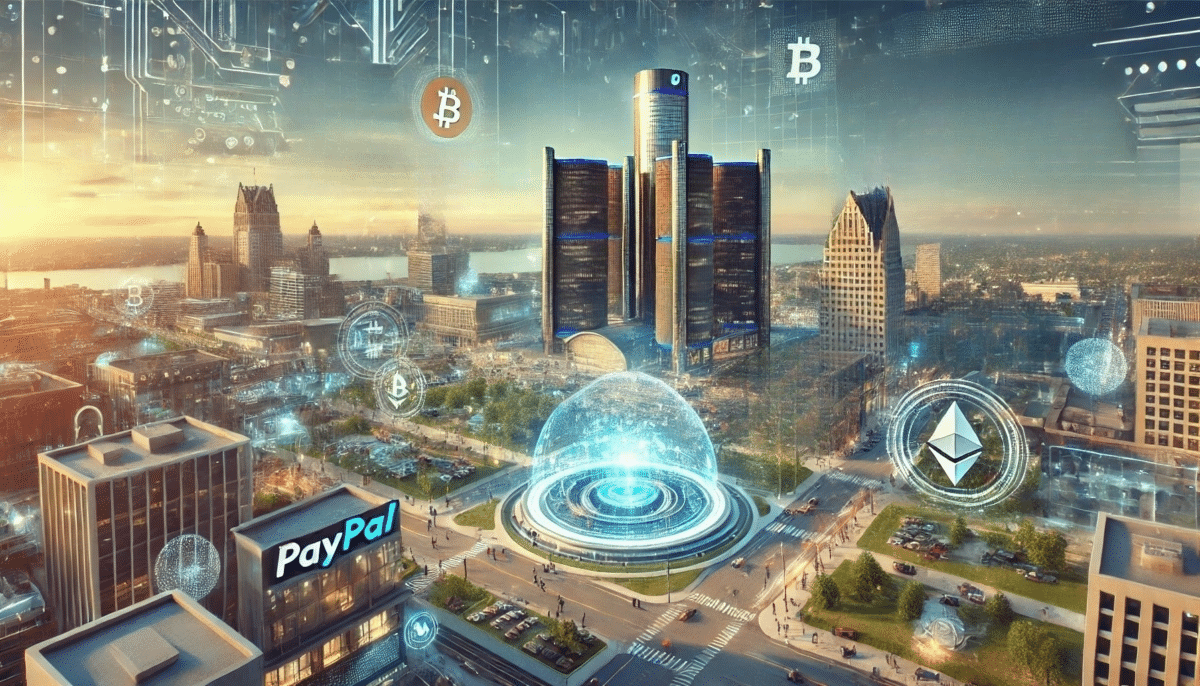The media’s fixation on the price of Bitcoin often overshadows its true value and multifaceted utility. Let’s be real. When you assess Bitcoin, pinning everything on its market price is like judging a book by its cover, and honestly, it’s about damn time we flipped the page.
What Really Defines Bitcoin?
Let’s kick things off with a fact that’s easy to overlook: the price of a currency doesn’t tell you all there is to know about it. Just as the euro remained a robust means of exchange even after dipping 7% against the dollar last year, Bitcoin’s value isn’t just about how much it costs today or tomorrow.
Traditional currencies like the euro or the dollar are prized for their stability and widespread acceptance—they’re simple to use and require no special knowledge or equipment. Bitcoin, on the other hand, hasn’t quite reached that level of “pick up and go” usability, but that doesn’t mean its potential should be ignored.
For tech enthusiasts and industry validators, Bitcoin has a different kind of appeal. Consider the gas fees—the money validators earn for keeping the network safe and running smoothly. These fees hit record highs last year, signaling a strong demand and a thriving transaction volume that speaks volumes about Bitcoin’s utility beyond mere trade.
The conversation around Bitcoin often circles back to its security features. For example, discussions about utilizing Bitcoin’s proof-of-work protocol for critical infrastructure such as national defense highlight its robustness. The higher the gas fees, the more vigorous and secure the network is presumed to be, as these fees represent the cost of maintaining an impenetrable transaction record.
To quote the legendary creator of Ethereum, Vitalik Buterin:
“Crypto is not just about trading tokens, it’s part of a broader ethos of protecting freedom and privacy and keeping power in the hands of the little guy.“
Staking and Usability
Bitcoin is evolving, and with it, its applications.
The development of Bitcoin layer-2 technologies promises to transform inactive Bitcoin into active, income-generating assets, much like how money in a savings account accrues interest over time. As Bitcoin becomes more integrated into daily transactions and its technology matures, the more people trust and use it, the more its value is likely to increase.
This isn’t just about being able to use Bitcoin to buy a coffee without a hitch. It’s about creating an ecosystem where Bitcoin’s role extends beyond a speculative asset. The notion that you could earn interest on your Bitcoin through staking could revolutionize its role in the financial landscape, much like how staking has benefitted other cryptocurrencies like Ethereum.
Furthermore, Bitcoin’s utility is seen in its divisibility. Each Bitcoin can be split into 100 million satoshis, making it incredibly accessible and versatile for microtransactions—something that traditional currencies can’t compete with at the same level. Imagine a world where, instead of dealing with bank fees and the hassle of currency exchange, a simple, divisible, and secure digital currency could meet your needs.
Meanwhile, the supply of Bitcoin caps at 21 million, but with the current number of coins in circulation, there’s a staggering 1.968 quadrillion satoshis available. This massive number dwarfs the base money supply of the US dollar, showing that while Bitcoin’s total number may be finite, its utility and reach are anything but.
While some folks were busy trying to find a symbol to represent the satoshi, Bitcoin continued to grow more ingrained in the fabric of digital currency and blockchain technology. Whether you’re holding a single satoshi or a whole Bitcoin, the currency’s architecture ensures that its value proposition is as much about what you can do with it as it is about what it’s worth on any given day.
So, before we get all hot and bothered about Bitcoin’s daily price changes, let’s remember: this currency is more than just numbers on a chart. It’s a burgeoning system of value that challenges how we think about money itself. Whether you’re investing, spending, or just curious, Bitcoin deserves a look that goes beyond its price tag, exploring what the blockchain truly means.





